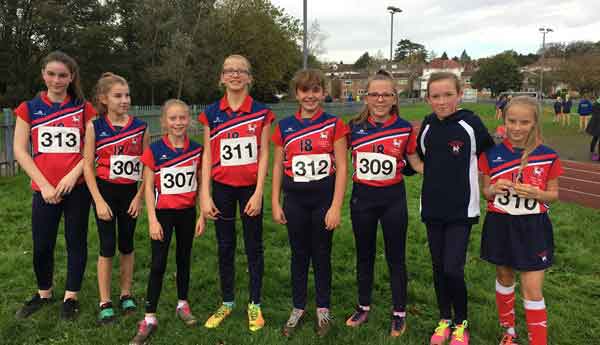Child Poverty Regional Event, South East Wales – 17th October 2017
Following our successful Child Poverty Conference held in June this year, Children in Wales put on this event to take forward and discuss some of the themes which came out of the Conference, such as partnership working, engagement and participation, evidencing impact and sustainability.
This symposium was hosted by Tai Calon Community Housing, one of the largest social housing providers in Blaenau Gwent, and attracted 25 people from a range of disciplines, including local authorities, housing, social care and education.
The event was a great opportunity for organisations and projects to join together, discuss progress on the Welsh Government initiatives to tackle child poverty, talk about the challenges faced by practitioners working with children, young people and their families and share good practice on what works in tackling child poverty.
The format of the morning was a mixture of speakers and roundtable discussions, based on the Future Generations’ Sustainable Development Principle, also known as the ‘5 Ways of Working’.
We heard from three different speakers:
Alison Jones, from the South East Wales Education Achievement Service, gave a presentation on Closing the Gap in Education through effective use of the Pupil Development Grant and the work they have done with a number of primary schools on a project called ’10 10’, working with 10 schools in deprived communities on 10 ways to raise attainment levels amongst. Alison also directed participants to various tools, including Welsh Government and Estyn guidance and the Family and Community Engagement (FaCE) toolkit.
Following the presentation there were roundtable discussions on what was currently happening in different sectors/organisations that help children and young people close the education gap and what could be done differently or better to support children and families to raise attainment levels, using the Future Generations Sustainable Development Principle.
Ruth Macdonald, from Action in Caerau & Ely (ACE), gave a presentation on their Children First Pilot, which they are developing in partnership with Cardiff Council and Public Service Board. This is an initiative they have undertaken independently of the Welsh Government Pioneers for Children First. Ruth’s presentation gave an overview of the background to ACE that has provided a springboard to build partnerships with key stakeholders to create ‘A long-term place-based approach to improve the lives of children, young people and their families, building a resilient and vibrant community.’
The presentation was followed by roundtable discussions on whether participants were aware of or involved in developing local Children First initiatives and what roles different sectors/organisation could play in developing place-based approaches, again using the Future Generations Sustainable Development Principle.
For both roundtable discussions, ideas were recorded on flip charts and collected at the end of the session. These will be used to inform policy and good practice in the area of child poverty.
The final presentation was given by Ross Watts, Head of Communities at Tai Calon. Ross is responsible for the Community Investment and Involvement Team and spoke passionately about the work done by the housing association to support tenant families and children to improve their quality of life by creating opportunities and vibrant neighbourhoods, including cinema nights, fun days out for children and families and school holiday activities.
Children in Wales would like to thank all those involved in making our first regional Child Poverty Event such a success. We are now planning a similar event in North East Wales for early next year.
Sustainable Development Principle – 5 Ways of Working
Development that meets the needs of the present without compromising the ability of future generations to meet their own needs
- Long Term – The importance of balancing short-term needs with the need to safeguard the ability to also meet long-term needs.
- Prevention – How acting to prevent problems occurring or getting worse may help public bodies meet their objectives.
- Integration – Considering how the public body’s well-being objectives may impact upon each of the well-being goals, on their other objectives, or on the objectives of other public bodies.
- Collaboration – Acting in collaboration with any other person (or different parts of the body itself) that could help the body to meet its well-being objectives.
- Involvement – The importance of involving people with an interest in achieving the well-being goals, and ensuring that those people reflect the diversity of the area which the body serves.


